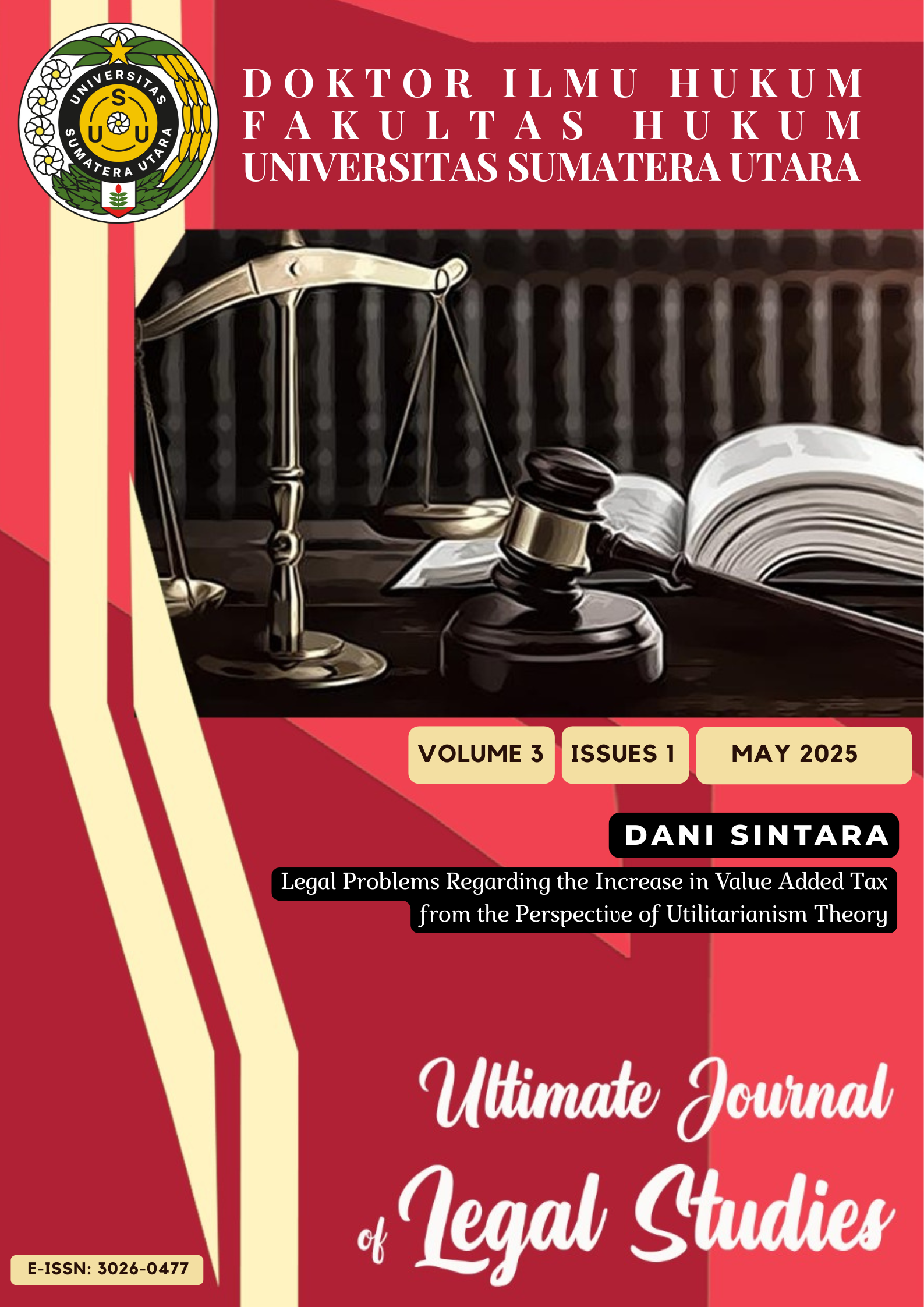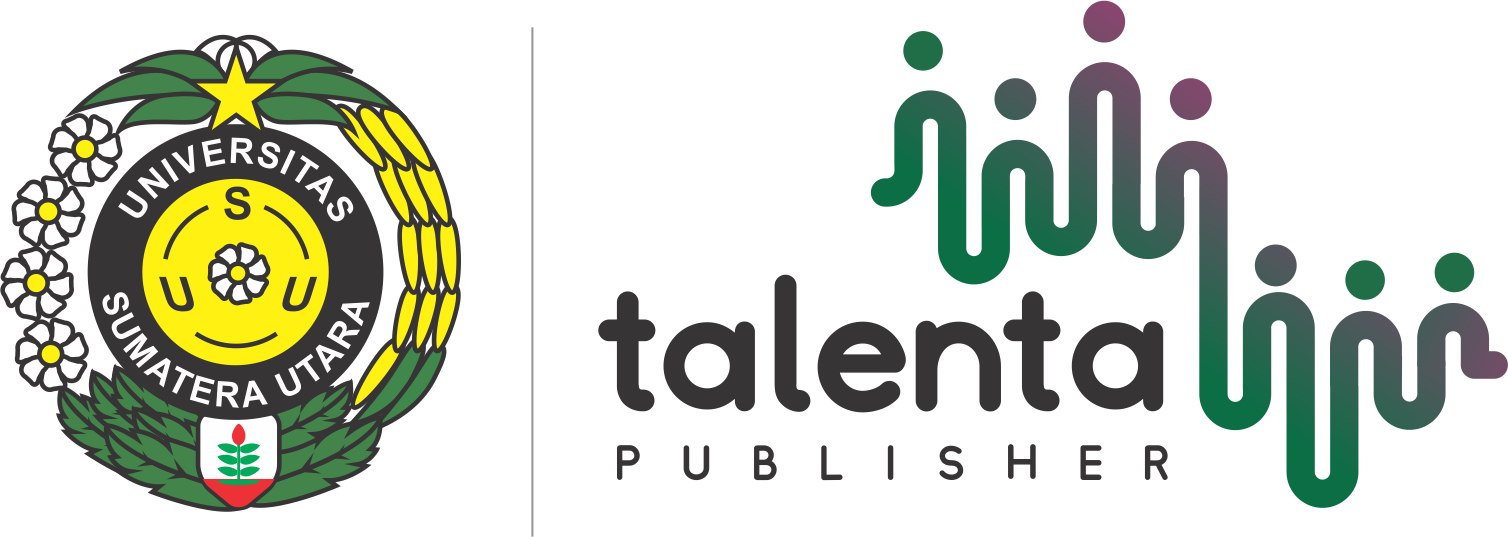Legal Problems Regarding The Increase In Value Added Tax From The Perspective Of Utilitarianism Theory
DOI:
https://doi.org/10.32734/uljls.v3i1.19927Keywords:
Problems, Utilitarianism, Value Added TaxAbstract
Value added tax is one type of tax that is a source of income for the Indonesian state. Citing data from the Directorate General of Taxes, it can be seen that state revenue from value added tax and luxury goods sales tax (PPN & PPnBM) reached IDR 764.3 trillion or 104.7 percent of the target, growing 11.2 percent. However, from this achievement, the government continues to want to maximize tax revenue from value added tax. This can be seen from the provisions of Article 7 paragraph 1 of Chapter IV of Law No. 7 of 2021 concerning Harmonization of Tax Regulations which intends to increase the tax rate from 11% to 12% which will be enforced starting January 1, 2025. This policy has caused turmoil of rejection among the public. So the government needs to review this policy. This study uses normative legal research with a statute approach. In this study, it can be seen that the levy of this value added tax has existed since 1983 with the presence of Law No. 8 of 1983 and its amendments. This means that this tax levy is normatively justified and legitimate as a form of state revenue. When viewed from the perspective of utilitarianism theory, the policy to increase VAT by 12% is certainly not in line with what is aspired to by this theory. This theory requires happiness or benefits for the wider community. With the turmoil that has arisen, it indicates that the wider community does not want an increase in VAT. However, if the 12% tax rate increase is only imposed on PPnBM tax and seeing that there is no rejection among the community, it means that the government has presented a policy that is desired by the people.
Downloads

Downloads
Published
Issue
Section
License
Copyright (c) 2025 Ultimate Journal of Legal Studies

This work is licensed under a Creative Commons Attribution-ShareAlike 4.0 International License.






